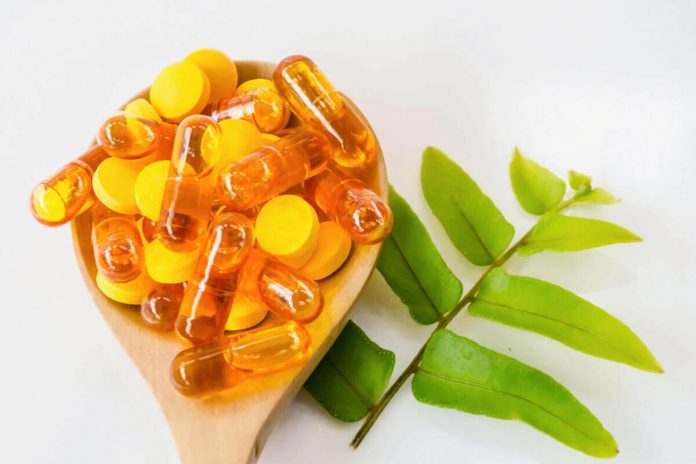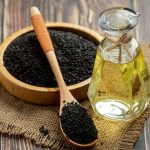COQ10 is one of the best supplements to take if you are looking for both physical and mental health benefits that help with some common problems we all face. So, you are probably wondering exactly what is COQ10? CoQ10 is a compound that helps generate energy in your cells. Also known by its more formal name Coenzyme Q10, it is a compound made by your body and stored in the mitochondria of your cells. Maybe you’re asking just what mitochondria are, and why are they important? Well, they protect cells from oxidative damage and disease-causing bacteria and viruses. The mitochondria are actually in charge of producing energy in our cells. It’s all pretty fascinating, and if you are at all interested in helping your mitochondria help to keep you healthy, active and alert, then please read our article titled What is COQ10 and how does it work?
CoQ10 is an antioxidant that your body produces naturally. Your cells use CoQ10 for growth and maintenance. One of COQ10s primary functions is to help generate energy in your cells. It’s involved in making adenosine triphosphate (ATP), which is involved in energy transfer within cells. Levels of coenzyme Q10 decrease with time, so many turn to its dietary supplement form in hopes of reaping these benefits. There are many free radicals invading and attacking your body at all times, and COQ10 plays a crucial role as an antioxidant in protecting your cells from the oxidative damage that results from these free radicals attacks. COQ10 is found in every cell in your body, but is especially prevalent in your major organs, like the liver. Protecting these vital organs is an important part of what COQ10 does.
Mitochondria are actually quite fascinating, and keeping them happy might play a crucial role in our energy output and general wellbeing. This is where COQ10 comes in. COQ10 is the primary antioxidant the human cell provides to protect and support mitochondria. Mitochondria are small, often between 0.75 and 3 micrometers and are not visible under the microscope unless they are stained. Although most of our DNA is kept in the nucleus of each cell, mitochondria have their own set of DNA. Although the best-known role of mitochondria is energy production, they carry out other important tasks as well. Mitochondria convert chemical energy from the food we eat into an energy form that the cell can use. This process is called oxidative phosphorylation. As you can see, there are several very important reasons we should be supplementing our mitochondria, and helping them do their essential job in our energy production.
Certain kinds of exposures result in the need for more COQ10, such as pesticide or other environmental-toxin exposures. These exposures cause tissue damage resulting in the liver needing to have more COQ10. Popular statin drugs also cause the need for the patient to have more COQ10 in their bodies because the tissue depletion is so bad for the heart. This depletion of CoQ10 is probably the predominant reason that statin use is associated with such widespread toxicity to the brain, heart and immune system. Having an adequate supply of CoQ10 to these vital tissues is crucial to our overall health and to the prevention of diseases associated with decreased function of these organs.
COQ10 plays such an important role in cellular mitochondrial health, and therefore our body’s ability to generate energy, that it is clear we should help these microscopic friends as much as possible. One of the best ways to do this is to take a COQ10 supplement. You can find CoQ10 in beef, soy oil, fish like sardines and mackerel, and peanuts. And though it is found in these sources and produced by the body, deficiencies can occur. COQ10 supplement can be found in your local health food or natural medicine store, or you can find it online. When shopping online it is easy to find the right COQ10 for you, as all the choices are available as opposed to in a store that will most likely have a limited selection. As far as dosage, it is recommended that 200 milligrams per day for adults is sufficient for those who are eating a healthy diet, and get at least some of their COQ10 from foods.







